Table of Contents:
1. Oats
Oats are a great source of soluble fiber, which can help regulate bowel movements and ease IBS symptoms. They are also gentle on the digestive system, making them a suitable choice during a flare-up.
2. Bananas
Bananas are rich in potassium and pectin, which can help soothe irritated intestines and reduce bloating. They are easy to digest and can provide relief from abdominal discomfort.
Bananas: A Must-Have Food for Managing IBS Flare-Ups
If you suffer from irritable bowel syndrome (IBS), you know how important it is to choose foods that won't trigger a flare-up. Bananas are a great option for IBS sufferers because they are easily digestible and gentle on the stomach.
Rich in fiber, bananas help regulate bowel movements and promote digestive health. They also contain prebiotics, which help support the growth of healthy gut bacteria and can reduce symptoms of IBS.
Whether eaten on their own or added to smoothies, oatmeal, or yogurt, bananas are a versatile and tasty addition to your diet. So next time you're looking for a snack or meal option that won't aggravate your IBS, reach for a banana!
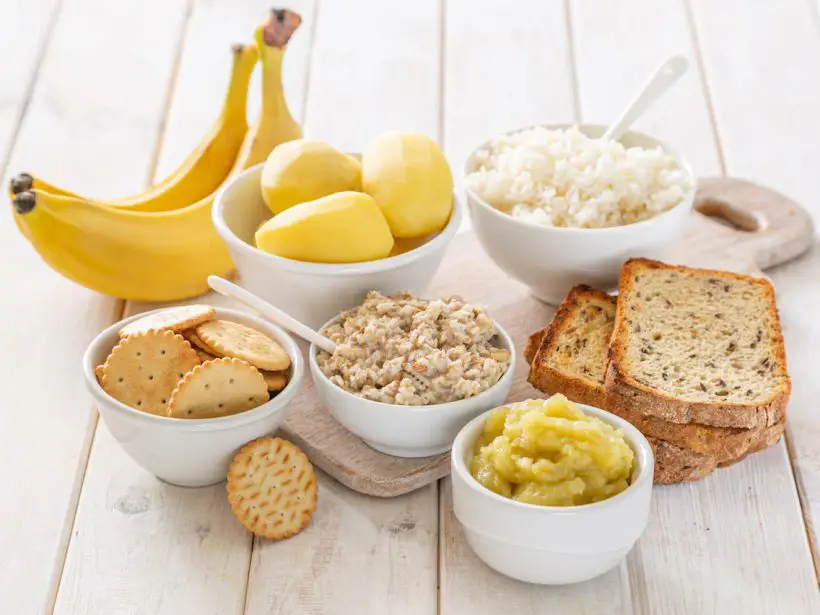
3. Ginger
Ginger has anti-inflammatory properties that can help reduce inflammation in the digestive tract and alleviate symptoms such as nausea and cramping. It can be consumed fresh, as tea, or in supplement form.
Ginger is a popular ingredient in many dishes and can be particularly beneficial for individuals with Irritable Bowel Syndrome (IBS). Known for its anti-inflammatory properties, ginger can help to soothe the digestive system and reduce symptoms of bloating, gas, and abdominal pain that are common during IBS flare-ups.
Adding ginger to your diet can be as simple as incorporating it into your cooking, whether in stir-fries, soups, or smoothies. Alternatively, ginger tea or ginger supplements can also provide relief for IBS symptoms.
It's important to consult with a healthcare provider before making any significant changes to your diet, especially if you have IBS. However, including ginger in your meals can be a delicious and natural way to help manage your symptoms and promote digestive health.
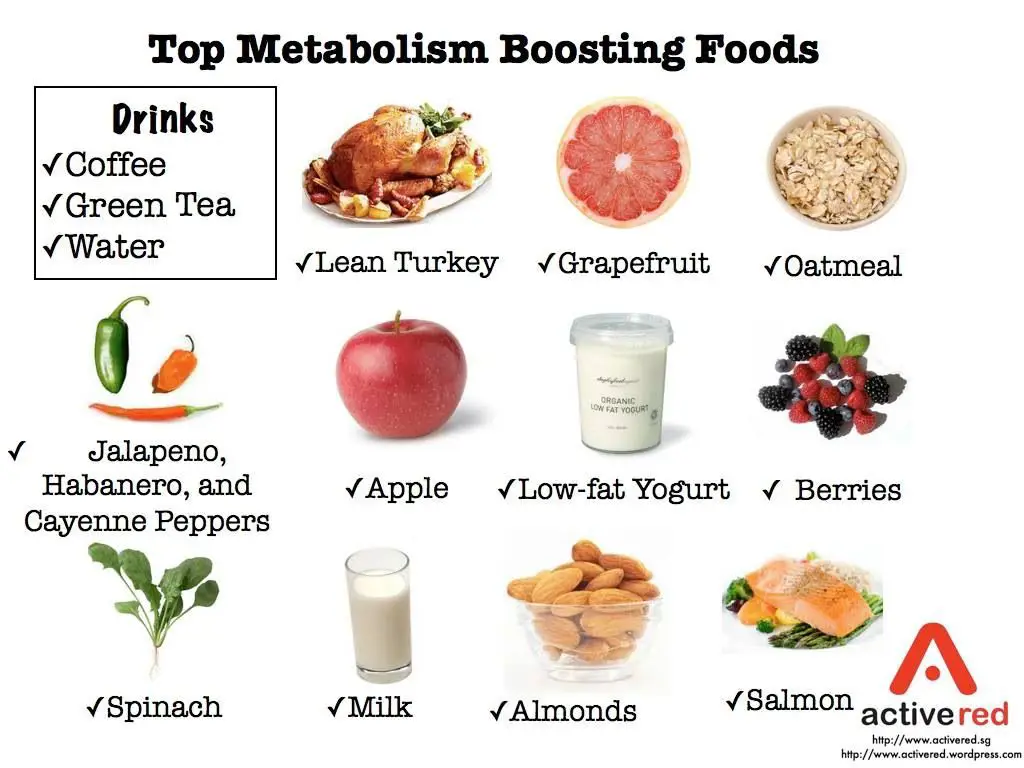
4. Peppermint
Peppermint has a calming effect on the muscles of the digestive system, which can help alleviate symptoms of IBS such as gas and bloating. Peppermint tea or supplements are popular choices for easing discomfort.
If you suffer from irritable bowel syndrome (IBS), you may find relief in peppermint. Peppermint is known for its soothing properties on the digestive system and can help alleviate symptoms of IBS flare-ups.
There are many ways to incorporate peppermint into your diet to help with IBS flare-ups. You can enjoy peppermint tea, add fresh mint leaves to salads or smoothies, or even cook with peppermint extract in savory dishes.
Peppermint works by relaxing the muscles of the digestive tract, reducing bloating and gas, and calming inflammation in the gut. It can also help to relieve abdominal pain and cramping associated with IBS.
So next time you experience an IBS flare-up, reach for some peppermint to help ease your symptoms and promote better digestive health.
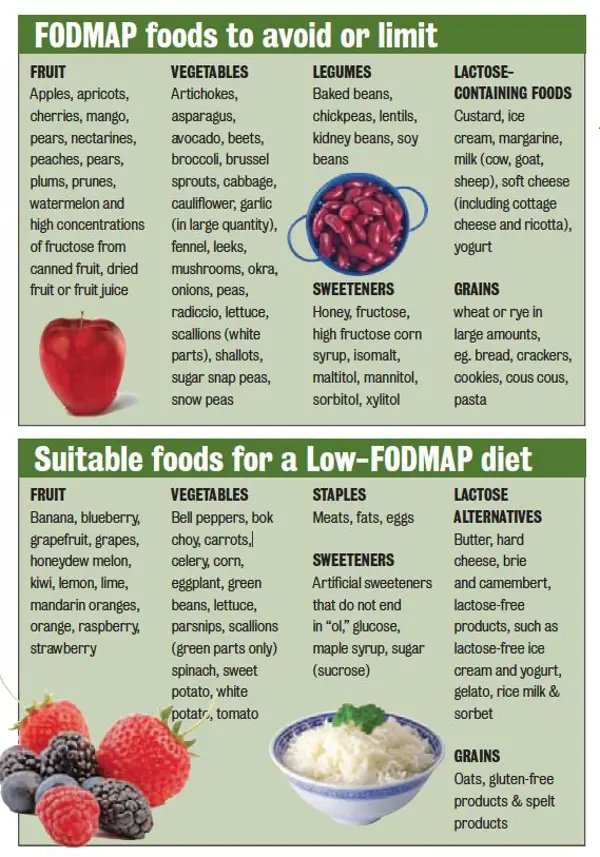
5. Probiotics
Probiotics are beneficial bacteria that can help restore balance to the gut microbiome and improve digestion. Consuming probiotic-rich foods or supplements can be beneficial for managing IBS symptoms.
If you suffer from Irritable Bowel Syndrome (IBS) and are experiencing a flare up, incorporating probiotics into your diet can help alleviate symptoms and improve gut health. Probiotics are live bacteria and yeasts that are beneficial for digestive health.
Benefits of Probiotics for IBS
Probiotics can help restore the balance of good bacteria in the gut, which can be disrupted during an IBS flare up. They can also help reduce inflammation and improve overall digestion.
Probiotic-rich Foods
Some foods that are rich in probiotics include yogurt, kefir, sauerkraut, kimchi, and miso. Adding these foods to your diet during an IBS flare up can help promote a healthy gut flora and reduce symptoms.
Consult a Healthcare Provider
Before making any significant changes to your diet, especially if you suffer from IBS, it is important to consult with a healthcare provider or a registered dietitian. They can help you create a plan that is tailored to your individual needs and ensure that you are getting the right balance of probiotics.
Remember, incorporating probiotics into your diet can be a beneficial way to manage IBS symptoms during a flare up and improve your overall gut health.
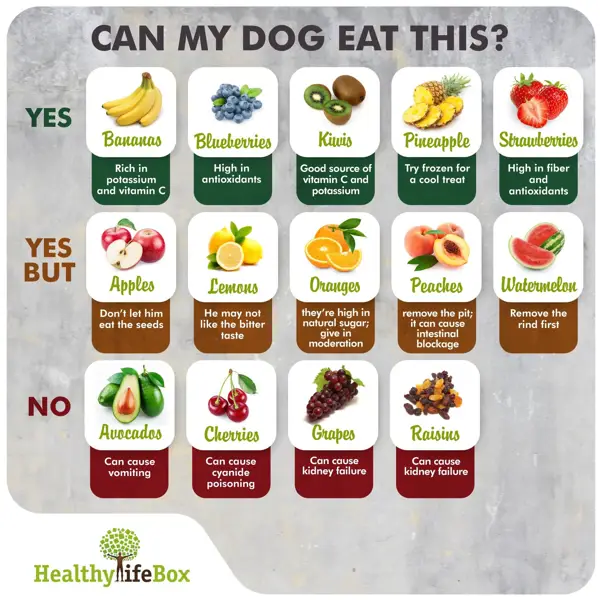
6. Bone Broth
Bone broth is rich in nutrients and easy to digest, making it a soothing choice for individuals experiencing IBS flare-ups. It can help promote gut health and reduce inflammation in the digestive tract.
When dealing with Irritable Bowel Syndrome (IBS) flare ups, it is important to choose foods that are gentle on the digestive system. Bone broth is a great option for those experiencing IBS symptoms, as it is easily digestible and can help soothe inflammation in the gut.
Bone broth is rich in nutrients that are beneficial for gut health, such as collagen, gelatin, and amino acids. These nutrients can help repair the intestinal lining and improve digestion, making it an ideal choice for those with IBS.
Additionally, bone broth is low in FODMAPs, which are fermentable carbohydrates that can trigger symptoms in people with IBS. This makes bone broth a safe choice for individuals following a low-FODMAP diet to manage their symptoms.
Incorporating bone broth into your diet during an IBS flare up can help provide relief and support overall gut health. Consider adding this nourishing food to your meals to help manage your symptoms and promote healing in your digestive system.
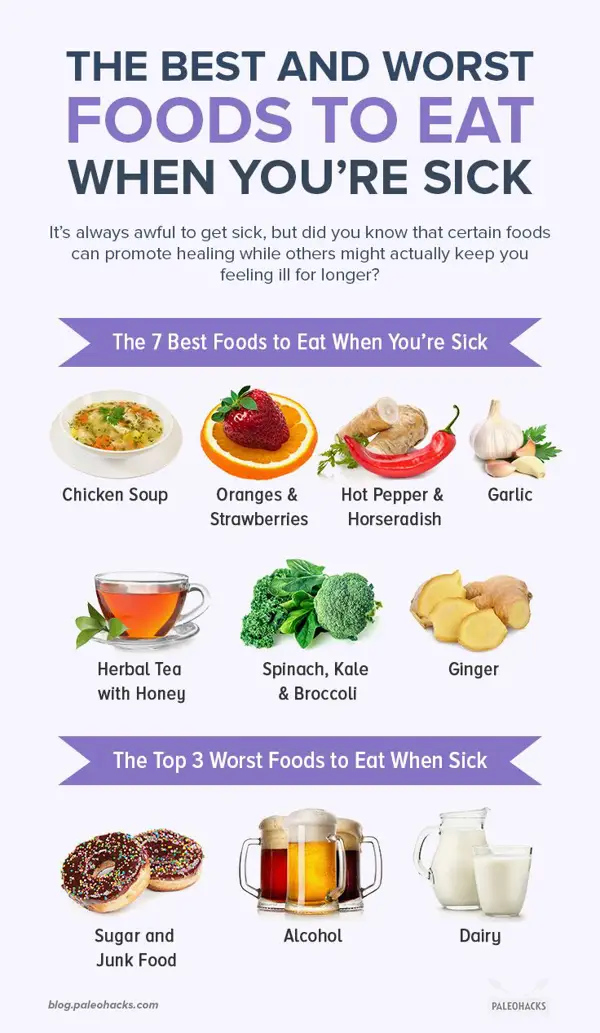
7. Rice
Rice is a bland, low-fiber food that can help ease symptoms of IBS such as diarrhea and abdominal pain. It is easy on the stomach and can be a comforting choice during flare-ups.
Rice is a great option for those experiencing an IBS flare up. It is easy to digest and gentle on the stomach, making it a safe choice for many individuals with sensitive digestive systems. Rice is also a good source of carbohydrates, which can provide energy without causing irritation. Whether you opt for white rice, brown rice, or wild rice, incorporating this grain into your meals can help soothe symptoms and promote better digestion during a flare up. Consider pairing rice with easily digestible proteins and vegetables to create a balanced and stomach-friendly meal.
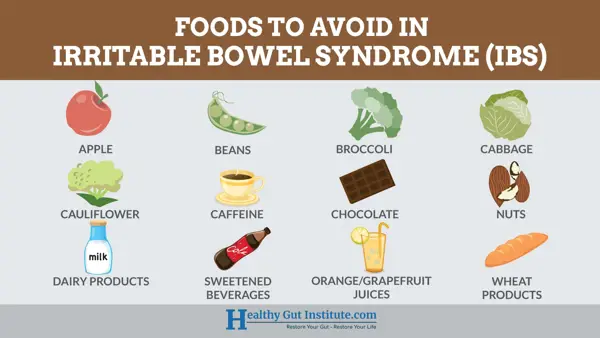
Key Takeaways:
- Choose foods that are easy to digest and gentle on the stomach during an IBS flare-up.
- Incorporate soluble fiber-rich foods like oats to help regulate bowel movements.
- Include probiotics in your diet to promote a healthy gut microbiome and improve digestion.
- Avoid trigger foods that may exacerbate IBS symptoms, such as spicy or fatty foods.
Frequently Asked Questions:
Q: Can I eat dairy during an IBS flare-up?
A: Dairy products can be triggers for some individuals with IBS. It's best to avoid dairy or choose lactose-free alternatives during a flare-up.
Q: How can stress impact IBS symptoms?
A: Stress can exacerbate IBS symptoms and lead to flare-ups. Practicing stress-reducing techniques such as meditation and deep breathing can help manage symptoms.
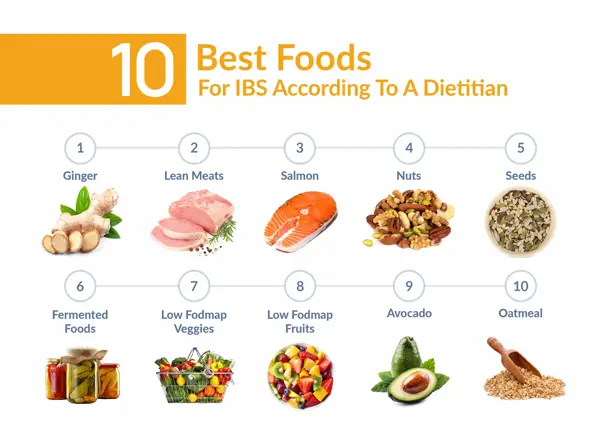


Recent Comments